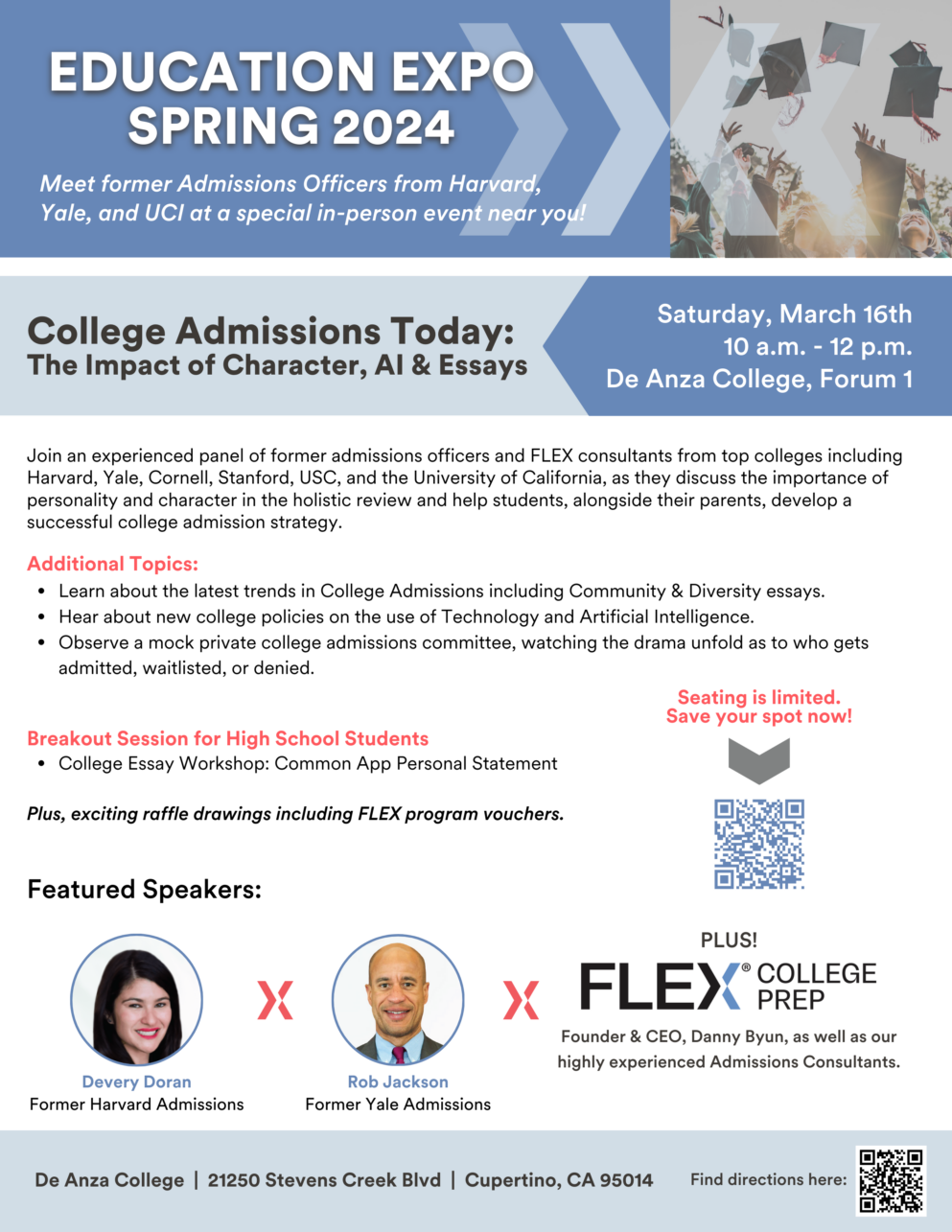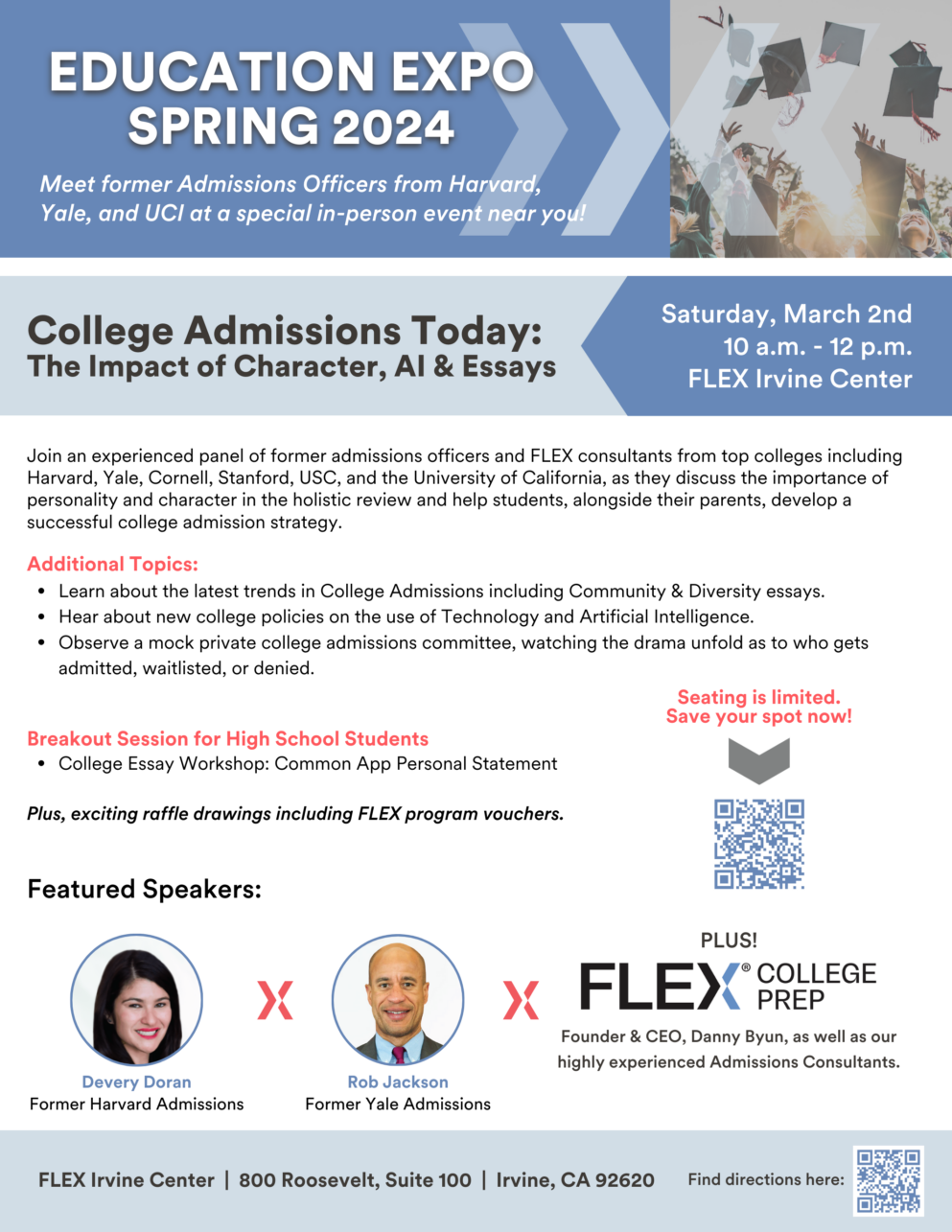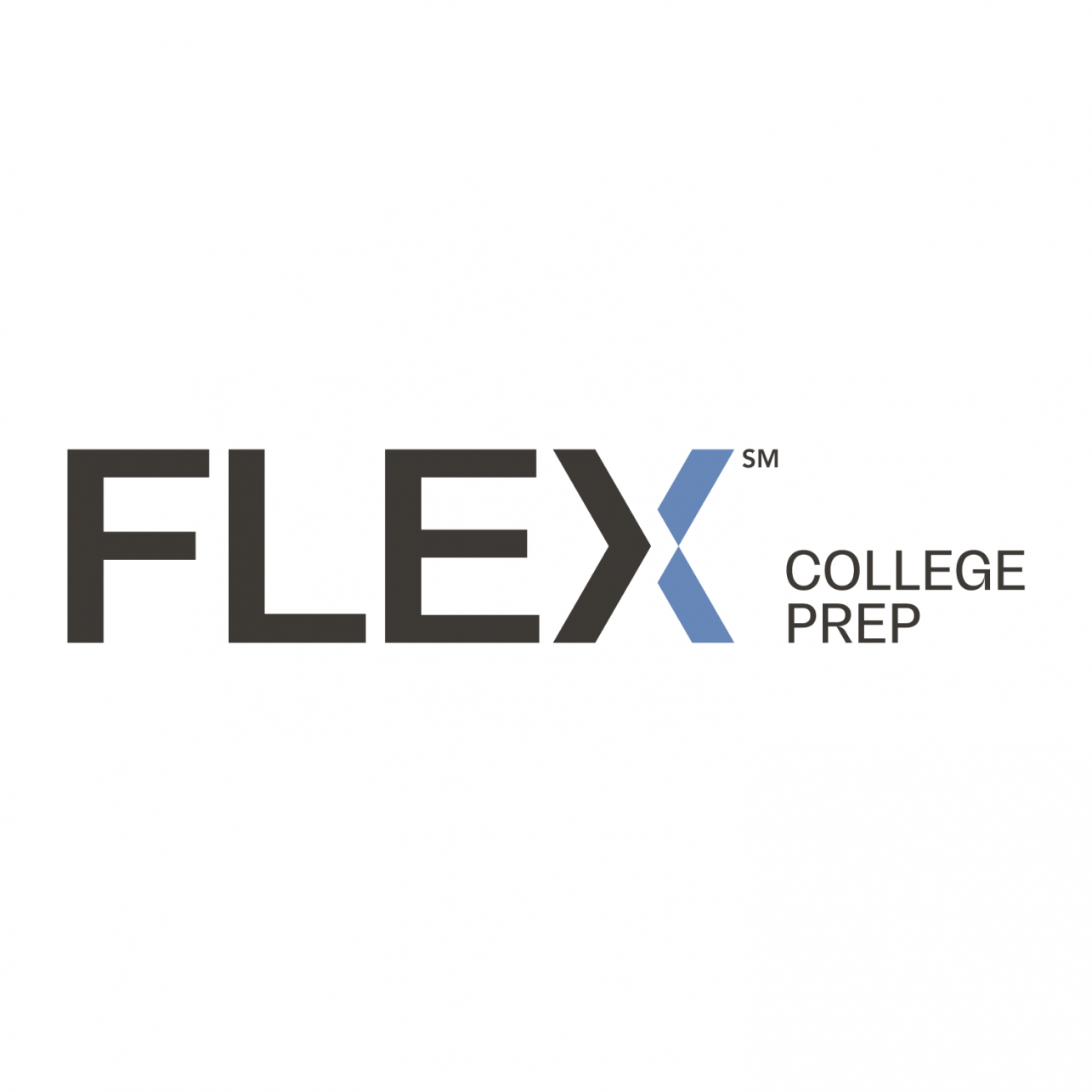- GPA remains the most important academic factor in determining admission.
SAT/ACT scores are becoming less important.
Students must deploy a focused application strategy.
Essays and interviews are becoming more important.
Trend #1: GPA remains the most important factor
Earning good grades in rigorous courses is still the most important factor in college admissions. For good reason: school performance over a period of years is the best indicator of whether or not a student will be academically successful at the college level.
Having the proven capacity to achieve at a particular college is a baseline requirement just to qualify for entrance to that college. The bar is set higher or lower depending on the school and the average achievements of applicants to the school, and most schools will not, at least publicly, specify a “cut-off” score.
Once this minimal academic standard has been met, students will be in the running for admission and non-academic factors come into play.


However, students who have everything going for them except academics – students with fantastic extracurricular activities and accomplishments, but without the grades and scores to prove they will be successful in college studies – will not be considered for admission.
It is important to understand that colleges don’t think of the GPA as a mere number. Rather,
they read a student’s transcript to see what academic choices the student made and what these say about character.
A desirable candidate demonstrates intellectual curiosity by taking the most rigorous courses available.
An ideal candidate thrives in these challenging courses and maintains a high GPA despite the difficulty of coursework.
By contrast, the applicant who habitually chooses to take a “regular” class when there are AP options available reveals a lack of the ability or the motivation necessary to flourish in a competitive college environment. Therefore, selection of courses is as important as performance.
Remember:
Even if a high GPA alone cannot guarantee admission into a private college, a low GPA can guarantee a rejection.
Trend #2: SAT/ACT scores are becoming less important
The debate over the merits and demerits of the SAT, the most popular standardized test for undergraduate admissions, is a long-standing one.
University of Chicago
NYU and Wake Forest
Top Liberal Arts Schools


Nevertheless, it remains important for SAT or ACT scores, when submitted, to fall within the average range of the target school.
An exceptionally strong score can help a student secure admission, although it will not do as much as an excellent GPA.
Good performances on SAT Subject Tests and AP Exams can also make a difference and help highlight academic interests and special strengths.
- Students applying to top colleges as engineering majors, for example, should take the Math 2 and Physics or Chemistry SATs, along with AP courses and exams in these subjects.
- And if a student does not score well on the Critical Reading or Writing sections of the SAT, performing highly on an English or History SAT or AP can help compensate.
As a matter of fact, in lieu of the SAT or the ACT, NYU currently accepts:
- Three SAT Subject Test scores (one in the humanities, one in math or science, and one subject of the student’s choice) OR
- Three AP Exam scores (one in the humanities, one in math or science, and one subject of the student’s choice).†
Trend #3: A focused application strategy is crucial
When students apply to colleges, their task is to show who they are and how they are different from other students. A carefully developed application strategy is crucial to accomplishing this. A case study will help introduce this idea.


Case Study: Tim, The Junior
When I met Tim, he was a junior hoping to attend one of the most selective universities as an engineering major. Tim maintained perfect grades and a well-rounded extracurricular profile through the end of his sophomore year, all while attending one of California’s most competitive public high schools and participating in a good number of science-oriented activities (Robotics Club, a summer engineering internship, etc.).
At the beginning of his junior year, his goals seemed attainable. However, in the first semester of junior year, Tim earned Bs in core engineering classes -AP Calculus BC, AP Physics and AP Computer Science – though he attained As in AP U.S. History and Honors English.
Could Tim still target the most selective universities as an engineering major?
Unfortunately, probably not.
Tim’s high school was known for its unusual strengths in math and science. As a result, Tim was surrounded by classmates with equally good extracurricular profiles who were also targeting Ivy League schools as engineering majors. And many of these students earned solid As in AP Calculus BC, AP Physics, and AP Computer Science, the very classes that gave Tim trouble.
Since GPA is the most important factor in admissions, Tim’s Bs significantly decreased his chances of getting admitted to the most selective schools as an engineering student.
Tim still had a shot at Ivy League colleges as a non-engineering major.
This would, however, require a significant shift in application strategy – a decision not to be made lightly. A change of application strategy affects course selection, test selection and target test scores, summer activities, essay topics…even the choice of teachers to write recommendations.
So Tim had a tough decision to make.
Should he target Ivy-level schools as a non-engineering major or should he shift his attention to other colleges where he could study engineering, though at the expense of brand name?
It is also important to know that many universities have separate colleges for the humanities and for engineering.
Students are admitted to a specific college, and different colleges can have different requirements and sometimes significantly different admission rates.
14%
Students admitted to the College of Humanities and Social Sciences in 2018.
5%
Applicants admitted to the School of Computer Science in 2018.
Although it is sometimes possible to switch colleges after matriculating, there is no guarantee that such internal transfers will be permitted.
Now in Tim’s case, we recommended that he continue to pursue his long-standing goal of applying as an engineering major.
Not only was engineering Tim’s clear area of interest, but changing direction as a junior would have been risky.
- Tim had been prioritizing math and science courses and choosing extracurricular activities with an engineering focus throughout his high school career.
- Shifting application strategy would have destabilized the coherence of Tim’s “identity.”


Applying for college is like applying for a job.
When seeking a position within a specific company, a job-seeker must tailor his or her résumé as closely as possible to match the job being applied for. In the same way, students must be strategic in writing their applications.
From matters small (the ordering of items on a list of activities) to large (the choice of essay topic), an applicant must present a coherent self-portrait of a student who will fit in at a particular school.
Trend #4: Essays and interviews are becoming more important
Remember that getting into college is an art as much as a science.
Two key components falling under the first heading are:
1. essays
2. interviews
Both provide opportunities for students to express their unique personalities, share their passions, and show parts of themselves not on display anywhere else in the application.
The selection of essay topic is a critical part of an application strategy.
Although many colleges use their own essay prompt, all of the topics essentially boil down to the same elemental question:
“Who are you?”


Obviously, nobody can fully answer this question, least of all in a 500-word essay! But for colleges, getting some sense of an applicant’s identity is crucial. After all, when a student matriculates into a college, he or she will be someone’s roommate, someone’s classmate, someone’s student.
Colleges look for students who will complement the school culture, fit into the social fabric of a school, and make meaningful contributions to community life.
Now for most college applicants – and for all applicants who have done due diligence in constructing a focused application strategy – essay topics should emerge readily from extracurricular experiences.
It is important for students to see their essays as opportunities to reveal something new about themselves, not to re-present their résumés in paragraph form!
Essays are a lens through which colleges can see what a student’s values are and how the student views and reacts to the world.
What the essay does in written form, the interview does in person. And just as essays must be drafted and re-drafted before being submitted, so, too, students must prepare for the admission interview.
There are two key questions that interviewers will ask:
- “Who are you?”
- “Why do you want to come to my school?”
Stay tuned for our next post to keep reading as I highlight a few developments that have specifically affected the University of California (UC) admissions process.
Sources:
1. Anderson, Nick. “A shake-up in elite admissions: U-Chicago drops SAT/ACT testing requirement.” Washington Post. 14 Jun 2018.

Danny is the CEO of FLEX College Prep. Danny’s core focus is on helping young people get the best advice, and be the best students they can be. His team of professionals are also personal coaches, and great people, driven by the same passion for helping people.


































